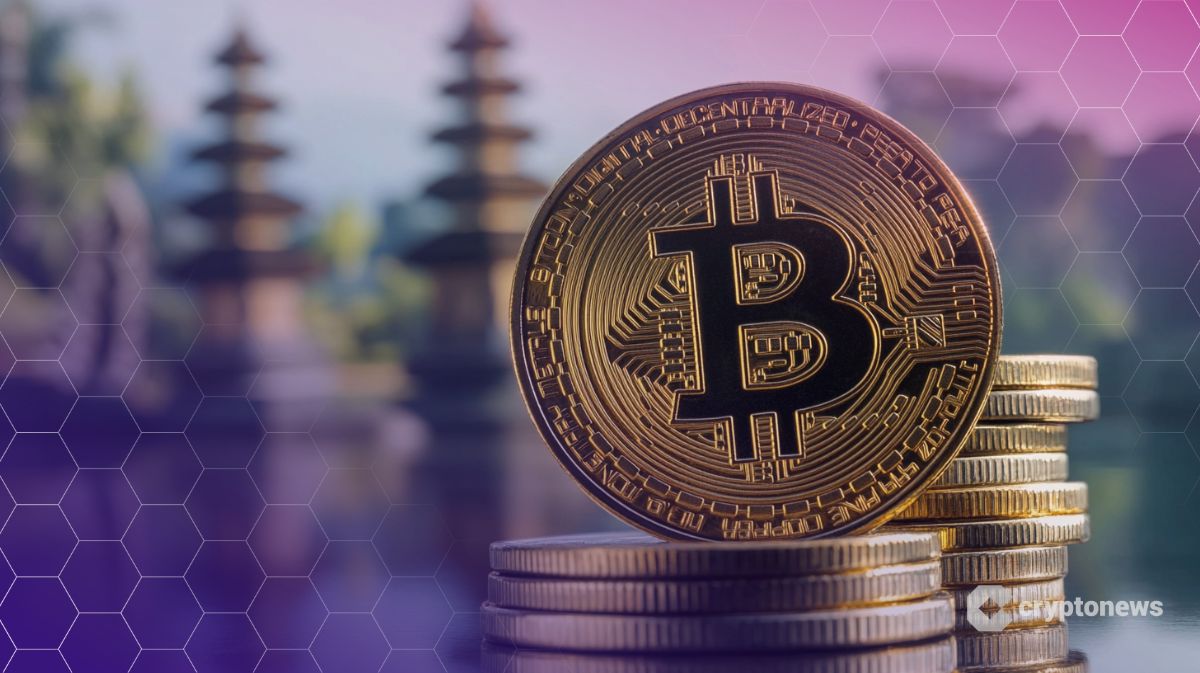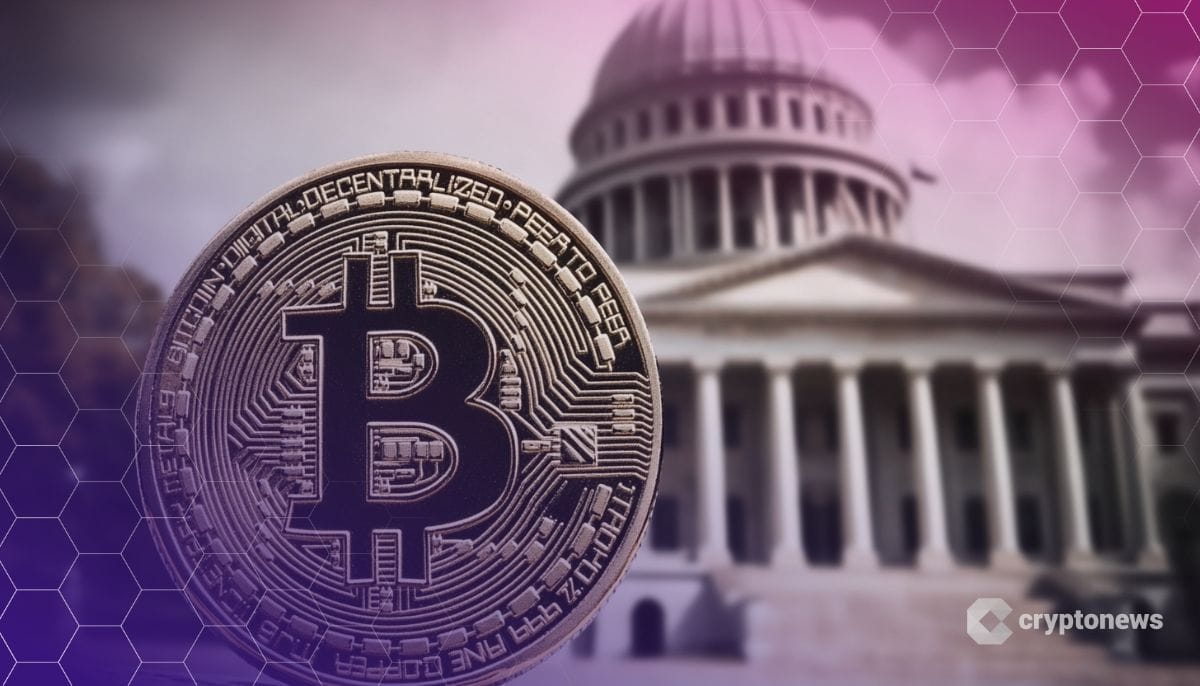
The Indonesian government is reportedly weighing the use of Bitcoin as a reserve asset, according to Bitcoin Indonesia, which met with officials from the Vice President’s office to pitch the idea as part of a broader national economic strategy.
Key Takeaways:
- Indonesian officials are exploring Bitcoin as a potential national reserve asset.
- Discussions included using local renewable energy for Bitcoin mining to boost economic growth.
- Bitcoin education was highlighted as a priority for long-term adoption and financial literacy.
In an X post shared Monday, the group said it was invited to present how Bitcoin could benefit the country’s long-term financial stability.
Among the key proposals discussed was leveraging Bitcoin mining as a tool for building national reserves—a concept rarely entertained at the government level.
Indonesia Seriously Weighs Bitcoin to Strengthen Economy
“Yes, seriously,” the group emphasized, noting that Indonesia is considering how Bitcoin might strengthen its economy over time.
The discussion also touched on expanding mining infrastructure and launching education programs focused on Bitcoin and blockchain technologies.
With a population exceeding 280 million and a GDP of roughly $1.4 trillion, Indonesia ranks as the fourth most populous nation and the 16th largest economy in the world.
Bitcoin Indonesia argued the country could tap into its rich geothermal and hydroelectric resources to power Bitcoin mining operations, pointing to other nations that have successfully turned similar strategies into job creators.
The meeting was held with special staff from the office of Vice President Gibran Rakabuming Raka, and included bullish projections from figures like MicroStrategy’s Michael Saylor.
His forecast of Bitcoin potentially reaching $13 million to $49 million by 2045 was part of the pitch to showcase Bitcoin’s long-term value.
Bitcoin Indonesia also pushed for education-focused initiatives to build broader public understanding of the asset.
One official from the Vice President’s office appeared to echo the importance of financial literacy, reportedly stating that “Indonesia must also continue to educate about Bitcoin in the future.”
While the idea of adopting Bitcoin as a reserve asset is gaining momentum globally amid fears of inflation and rising debt, Indonesia’s macroeconomic picture may not necessitate such urgency.
The country’s debt-to-GDP ratio stands at a manageable 39%, and annual inflation as of January 2025 is well contained at 0.76%.
MEXC Backs Indonesia’s Crypto Exchange Triv
As reported, MEXC Ventures has taken a strategic bet on Indonesia’s growing crypto market, investing in crypto exchange Triv at a $200 million valuation.
The timing of the investment is notable, coming just after the implementation of Indonesia’s updated crypto tax rules on August 1.
The revised structure imposes a 0.21% tax on domestic exchange users, double the previous rate.
For users trading through foreign platforms, the seller tax has surged from 0.2% to 1%. While VAT on purchases has been removed, crypto miners now face a 2.2% VAT and will soon be subject to regular income tax rates as a special 0.1% mining tax is phased out by 2026.
In Indonesia, crypto is permitted for investment but not for payments.
The market is growing rapidly.
Crypto transactions in 2023 topped 650 trillion rupiah (around $40 billion), and user numbers across licensed platforms have surpassed 20 million, outpacing the country’s stock market participation.
Indonesia’s annual crypto tax revenue jumped sharply in 2024, marking its highest level since the government introduced taxation on digital assets in 2022.
According to officials from the Directorate General of Taxes, the country collected 620 billion rupiah (around $38 million) last year, a 181% rise from the 220 billion rupiah recorded in 2023.




